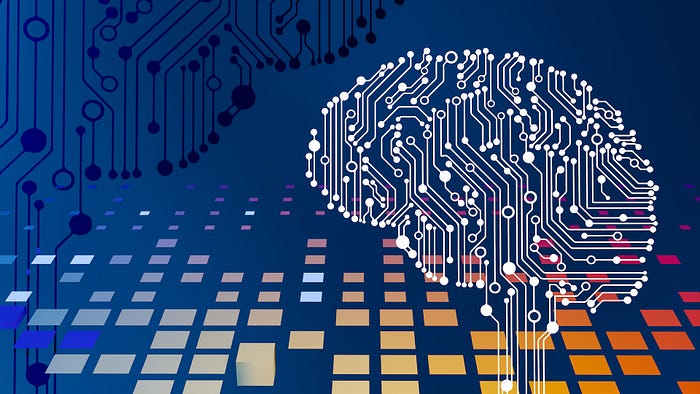Understanding AI: Navigating the Benefits and Risks of AI Technology
Written on
Chapter 1: The Impact of AI on Society
Artificial Intelligence (AI) is reshaping our world by revolutionizing various sectors and influencing how we live and work. From chatbots to autonomous vehicles, AI has seamlessly integrated into our everyday lives, often without our awareness. Remarkably, many users fail to recognize that the 'customer assistants' they interact with on company websites are actually AI-driven bots! As this technology progresses, it's vital to assess both the advantages and potential risks it presents. This article will explore what AI is, how it functions, and its implications for our future.
Section 1.1: What is Artificial Intelligence?
At its core, Artificial Intelligence refers to the replication of human intelligence in machines, allowing them to undertake tasks that typically require human cognitive abilities. AI systems utilize sophisticated algorithms, machine learning, and extensive datasets to analyze and respond to complex information and scenarios. This includes a variety of functions, such as natural language processing, problem-solving, pattern recognition, and decision-making.
Subsection 1.1.1: Can AI Replace Human Capabilities?
The question arises: Can AI perform all the tasks we can? Is it beneficial? Will it aid us or create challenges? The answer is nuanced; it can be both beneficial and problematic.

Section 1.2: Advantages of AI
- Automation and Efficiency: AI-driven automation simplifies repetitive tasks, allowing human workers to focus on strategic and creative initiatives. This shift enhances productivity and reduces costs across various industries.
- Enhanced Decision-Making: AI's ability to analyze large datasets offers valuable insights, empowering businesses to make informed decisions while identifying trends and opportunities that may otherwise be overlooked.
- Improved Personalization: AI algorithms can assess user data and behavior to provide tailored experiences, from personalized shopping recommendations to customized healthcare solutions, ultimately boosting customer satisfaction.
- Advancements in Healthcare: AI is revolutionizing the healthcare sector by assisting with diagnostics, drug discovery, robotic surgeries, and patient monitoring, resulting in quicker, more precise diagnoses and improved treatment outcomes.
- Increased Safety and Security: AI technology enhances security protocols, such as facial recognition and behavioral analysis, to detect potential threats. Additionally, AI-driven autonomous systems can operate in dangerous environments, minimizing risks to human workers.
Chapter 2: Challenges and Risks Associated with AI
The first video titled "Potential of AI and AI Technology Benefits. Risks of AI" delves into the transformative potential of AI technology while highlighting its associated risks and ethical considerations.
- Job Displacement: The rise of AI automation raises serious concerns about job loss and the necessity for workforce retraining. As routine tasks become automated, the job market may undergo significant shifts, potentially leading to economic challenges.
- Ethical Considerations: The deployment of AI raises ethical issues, particularly concerning privacy, bias, and accountability. Ensuring responsible AI usage and addressing potential biases in algorithms is crucial to prevent discrimination and protect privacy rights.
- Lack of Human Judgment: AI systems lack the nuanced judgment, empathy, and common sense that humans possess. In critical situations requiring ethical decision-making, relying solely on AI can yield unintended consequences, especially in fields like healthcare and hospitality.
- Security Risks: As AI adoption increases, so does the risk of exploitation by malicious actors. Vulnerabilities in AI systems can lead to security breaches, privacy violations, and manipulation of algorithms.
- Dependency on AI: Over-reliance on AI systems, without a clear understanding of their limitations, can result in unforeseen outcomes or failures. Maintaining human oversight in AI applications is essential to mitigate these risks.
The second video, "Weighing the Benefits and Risks of Generative AI," discusses the dual-edged nature of generative AI and the importance of balancing innovation with ethical considerations.
In summary, Artificial Intelligence possesses tremendous potential to transform numerous facets of our lives, from enhancing efficiency and personalization to revolutionizing healthcare and safety. However, it is vital to confront the associated risks, such as job displacement, ethical dilemmas, security threats, and the importance of human judgment. Striking a balance between leveraging AI’s advantages and mitigating its risks is essential for the responsible integration of this groundbreaking technology into our society.
Disclaimer: The information in this article is not intended as investment, financial, or trading advice. Please conduct your own research and consult a qualified professional before making any financial decisions.